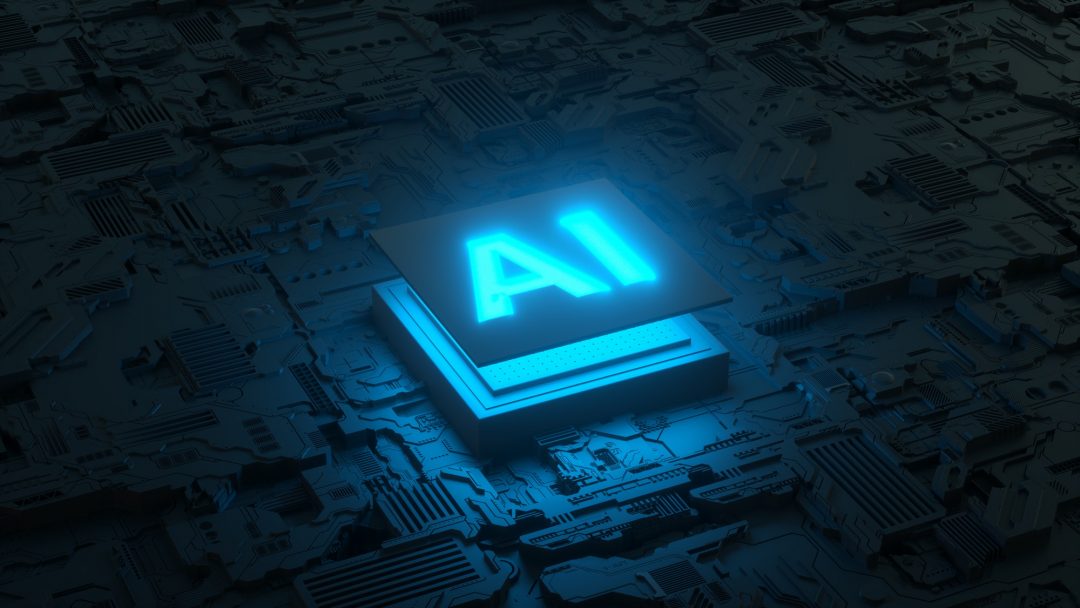![]() Artificial Intelligence (AI) is a rapidly growing field that has the potential to revolutionize our society in numerous ways. From self-driving cars to personalized healthcare, AI has the ability to transform how we live and work. However, at the core of any AI system is data. In this blog post, we will explore the importance of data in AI and why it is crucial for the success of any AI project.
Artificial Intelligence (AI) is a rapidly growing field that has the potential to revolutionize our society in numerous ways. From self-driving cars to personalized healthcare, AI has the ability to transform how we live and work. However, at the core of any AI system is data. In this blog post, we will explore the importance of data in AI and why it is crucial for the success of any AI project.
Data is the lifeblood of AI
At its core, AI is about creating systems that can learn and make decisions without human intervention. To achieve this, AI algorithms need to be trained on large amounts of data. This data can come in many forms, such as text, images, audio, and video, and can be labeled or unlabeled. Labeled data is data that has been annotated with information about its content, such as a label that identifies an image as a cat or a dog. Unlabeled data, on the other hand, is data that has no such annotations.
The importance of labeled data
Labeled data is especially important for supervised learning, a type of machine learning where the AI system is trained on a labeled dataset. In supervised learning, the AI system is given a set of inputs and outputs, and it learns to map the inputs to the outputs by adjusting its internal parameters. For example, a supervised learning system might be trained to recognize images of cats and dogs by being shown a large dataset of labeled images. The system would learn to recognize the features that distinguish cats from dogs and use this knowledge to classify new images.
The importance of unlabeled data
Unlabeled data is also important for AI, especially for unsupervised learning. In unsupervised learning, the AI system is given a dataset with no labels and must find patterns and structure within the data on its own. Unsupervised learning is used in applications such as clustering and dimensionality reduction, where the goal is to group similar data points together or reduce the complexity of the data.
The importance of high-quality data
The quality of the data used to train an AI system is crucial for the system’s performance. Low-quality data can lead to poor performance or even failure of the system. For example, if an AI system is trained on a dataset that contains biased or incorrect data, it may learn to make incorrect decisions or predictions. Therefore, it is important to ensure that the data used to train an AI system is accurate, representative, and unbiased.
The importance of data privacy
Another important consideration when using data for AI is privacy. Many datasets contain sensitive information, such as personal information or medical records, that must be protected. It is important to ensure that any data used for AI is collected and stored in a way that protects the privacy and security of individuals.
In conclusion, data is the foundation of AI. Without high-quality, representative data, AI systems cannot be trained to make accurate predictions or decisions. Therefore, it is important to ensure that any data used for AI is accurate, representative, and unbiased. Additionally, privacy concerns must be taken into account when collecting and storing data. As AI continues to advance, the importance of data will only continue to grow, and ensuring the quality and privacy of data will become even more important.






